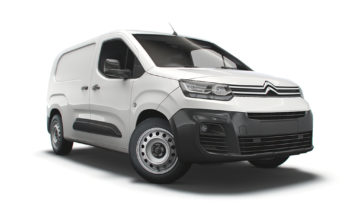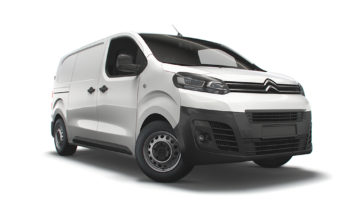Euro 6 has been the standard for vehicle emissions since 2014, and the EU have recently proposed the new Euro 7 standards which will replace them.
Euro 7 will be the last set of emissions standards before the ban on new fossil fuel cars and vans comes into effect in 2035.
With road transport continuing to be the largest source of air pollution in cities, stricter standards have been proposed. The goal of Euro 7 emission standards is to ensure that cars, vans, lorries, and buses are much cleaner, including exhaust emissions, brakes, and tyres. Tighter rules will both encourage consumers to switch to zero emissions vehicles, and work towards reducing pollution from the petrol and diesel vehicles still on the road.
Euro 7 vs Euro 6
Previously, there were two separate sets of standards, for cars and vans (Euro 6) and lorries and buses (Euro VI). Euro 7 will bring all road vehicles under one set of rules. The Euro 7 rules will also be indiscriminate, applying to all road vehicles regardless of whether they use petrol, diesel, electric or alternative fuels.
This will simplify regulations and make them easier to follow and uphold.
Euro 7 will improve on Euro 6 in the following ways:
Euro 7 will broaden the testing conditions, recording better data from on-road testing that will more accurately reflect real driving situations.
Pollutant emission limits will be tightened for lorries and buses, while the lowest existing limits for cars and vans will become the standard. Previously unregulated pollutants, like nitrous oxide, will now be included.
Brakes and tyres will be included in the standards for the first time. Rules will be set to limit the particulate emissions from brakes and microplastic emissions from tyres.
Vehicle age for testing has now doubled. Euro 6 requires vehicles to comply with the rules for 100,000 kilometres and 5 years of age. Euro 7 will require the emissions standards to hold for 200,000 kilometres and 10 years of age.
Battery life and durability will be regulated for electric vehicles, to ensure they reach required standards and improve consumer confidence.
Sensors will be fitted to all vehicles to measure emissions throughout their lifetimes, ensuring accurate and independent monitoring at all times.
This proposal is not the final word. The next step is for the Commission to submit this to the European Parliament for review.
Responses to the proposal have been mixed, with many automotive manufacturers saying the new rules will be a waste of resources and a strain on research departments. Their argument is that all research should be funnelled into developing zero-emissions vehicles instead of meeting the new Euro 7 standards which will be obsolete in 2035. Others have requested a 24 month lead time before the new rules come into effect, which again would reduce the lifetime of Euro 7 to the point that many wonder if it is cost-effective.
For now, the current Euro 6 standards still apply, and will for the near future. Dealerships and van leasing companies will continue to sell Euro 6 cars and vans, and Euro VI lorries and buses.
But it will be interesting to see the final shape of the Euro 7 regulations, and how they affect manufacturers going forward.



